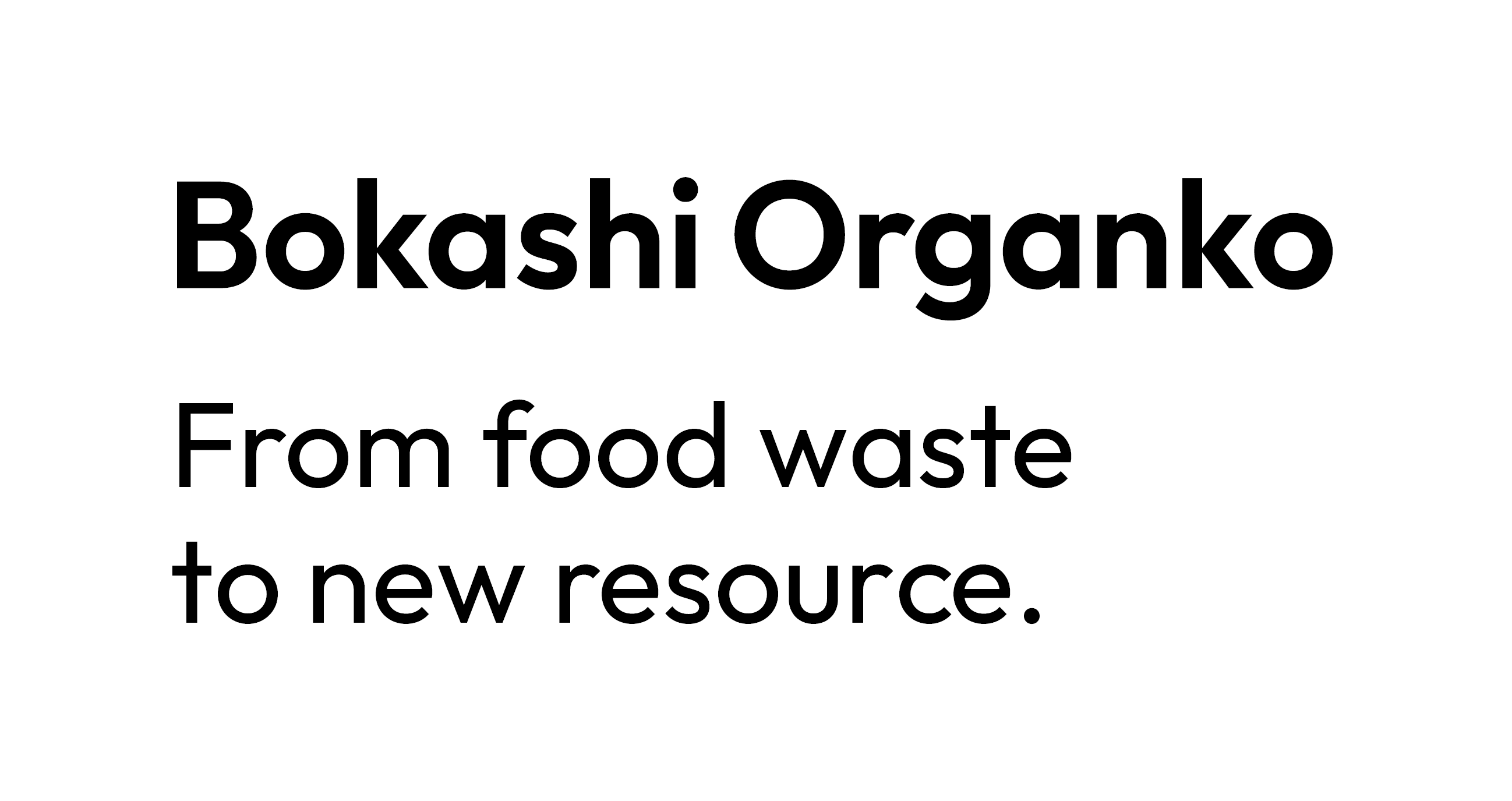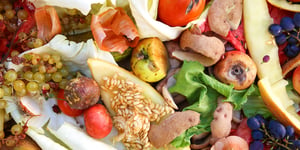Throwing food leftovers into a bokashi bin is an excellent way of reducing bio-waste in your household. Research shows that home composting can lower the volume of bio-waste by as much as 25%. Less bio-waste also means fewer emissions and a healthier environment for everyone. Sounds great, right?
Using the bokashi bin comes especially handy in these days of global lockdown when we spend much of our time at home and cook more than we used to. Due to its compact form, the bokashi bin can be conveniently put on the kitchen counter or under the sink. Therefore, it is always there when we need it. As opposed to standard bio-waste containers, the advanced bokashi bin like Bokashi Organko 2 comes with a special air-tight mechanism, which prevents bad odor from filling your kitchen.
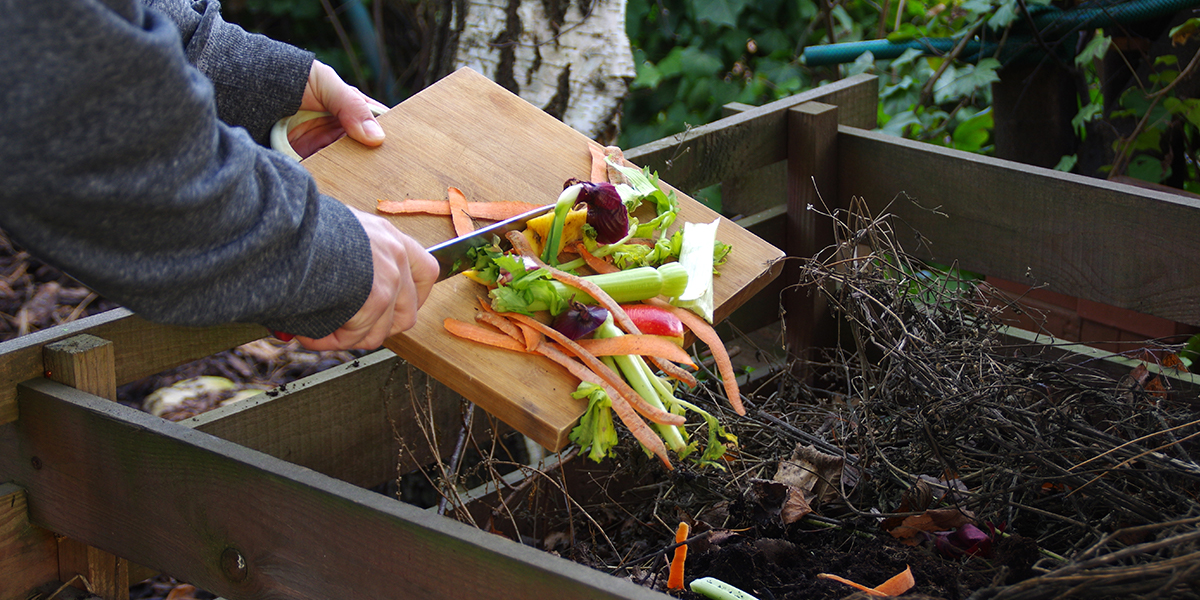
A great way of producing your own compost
Alongside reducing bio-waste in your household, home composting is also a great way of producing your own and completely organic fertilizer. The fermentation process within the bokashi bin generates a special liquid that can be diluted with water and used to fertilize your crops. Furthermore, the compost mass from the bokashi bin will significantly improve the quality of your garden soil and help you produce your very own healthy vegetables.
However, in order to produce first-quality compost, you need to follow a few rules. It should be noted that not every bio-waste is good enough to be thrown into the mix. Let’s have a look at the leftovers that will bring benefits to your compost and what is better to throw into the regular bio-waste bin.
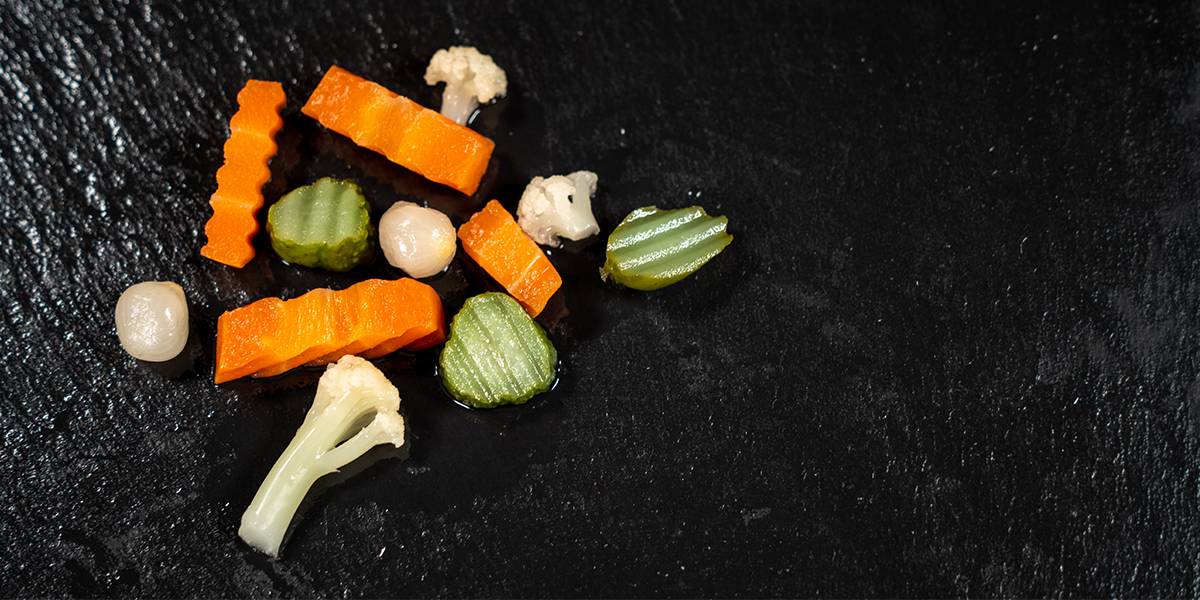
What belongs in the bokashi bin?
Almost any type of bio-waste is more than welcome in the bokashi bin. But let’s break it down to make it even clearer:
- Fruit and vegetable are probably the most obvious choices. Yes, that includes citrus and banana peels, just remember to take down any stickers they might have on.
- The second most often type of bio-waste is meal leftovers. Basically, all cooked food is great for composting.
- Meat can also be used. Not just cooked and grilled meat, but raw too. The same goes for fish. The only thing you need to bear in mind is that you can’t use big bones, only smaller ones.
- Dairy products like cheese and yogurt are okay as long as they are not too fluid.
- Eggs and eggshells are great for compost since they really include lots of beneficial nutrients.
- Bread of all kinds.
- Coffee grounds and tea leftovers are welcomed. Even tea bags are okay since they can decompose without a problem. The same goes for tissues, but try not to exaggerate.
- Any other greens, like withered flowers or cut grass.
Bio-waste we shouldn’t deposit in the bokashi bin
There are two major groups of bio-waste you should not put into your bokashi bin:
Liquids of any kind are not welcomed. This includes water, oil, vinegar, juice and milk. A high moisture level in a bokashi bin will prevent the growth and reproduction of microorganisms, which are very important for the ideal fermentation process. This will not just stall the whole process but will also make bio-waste decay instead of ferment. That said, it is also wise to leave other leftovers to dry before putting them into the composter.
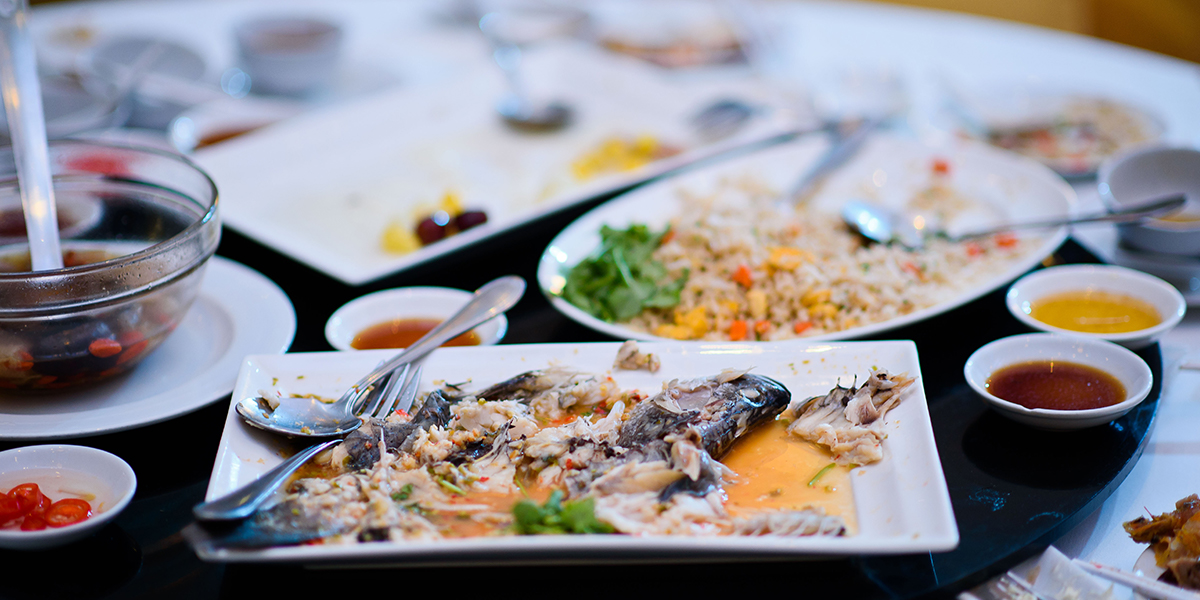
Other bio-waste you should not put into the composter includes big bones which take a long time to decompose, ashes, animal feces and paper.
Hopefully, this was useful and will make home composting even easier for you. If you still don’t own a bokashi bin but would like to start participating in this growing movement, we would like to invite you to check out Bokashi Organko composters in our offer. As you can see, there are different types for kitchen and garden use.
Happy composting!

